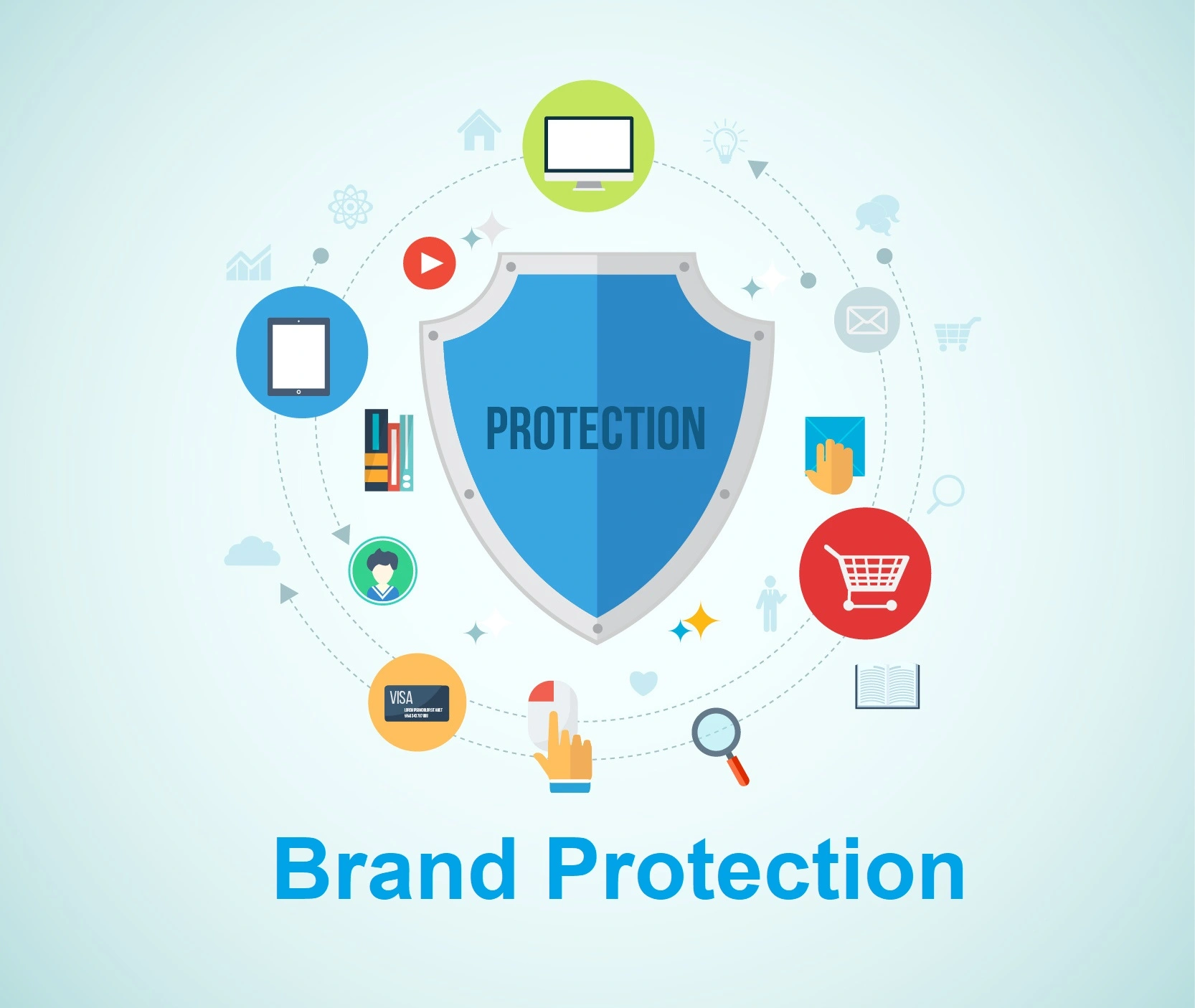Amid the rapid growth of the online gaming industry, safeguarding brand reputation has become critical. An unprotected brand risks losing customer trust, facing intellectual property violations, and suffering financial losses. iGaming brand protection is not merely a set of measures but a comprehensive strategy encompassing legal, marketing, and technical aspects.
Why iGaming Requires a Specialized Approach to Brand Protection
Online casinos, sportsbooks, and betting platforms operate in a highly competitive environment. Reputation risks are heightened because any negative information can spread quickly through social media, forums, and review aggregators.
Companies must consider the following threats:
- Unauthorized use of trademarks by competitors or third parties.
- Fake websites and phishing pages designed to steal user data.
- Negative reviews that may be fabricated or deliberately amplified.
An effective brand protection strategy includes monitoring mentions, registering intellectual property in key jurisdictions, and conducting regular audits of partner resources. Proactive monitoring of domain registrations similar to the brand’s name is also critical to prevent cybersquatting.
The Role of SEO in Brand Protection and Promotion
Modern search algorithms are sensitive to a website’s authority and reliability. In this context, building high-quality backlinks is essential. Sports betting link building is a key tool not only for promoting a site but also for controlling the quality of brand mentions.
The table below highlights the main backlinking methods for the betting niche:
| Method | Purpose | Effectiveness |
|---|---|---|
| Guest posts on industry-specific sites | Boost authority and visibility | High |
| Partner reviews and ratings | Reputation management | Medium |
| Forum placements in niche communities | Strengthen engagement | Medium |
| Press release link building | Expand reach | High |
It is important to note that backlink diversity—covering different types of sources, including news sites, educational portals, and niche forums—significantly reduces the risk of algorithmic penalties.
Practical Steps for iGaming Brand Protection
Comprehensive brand protection requires a systematic approach. Strategy development can be divided into the following stages:
- Threat analysis and identification of potential infringers.
- Trademark registration and domain name protection.
- Establishing a secure site infrastructure and monitoring suspicious activity.
- Managing backlink profiles and mentions through SEO tools.
- Regular reputation checks and strategy adjustments.
Additionally, companies should integrate analytics tools to track how users interact with the site and detect unusual patterns, such as spikes in negative reviews or sudden traffic from suspicious sources.
The Impact of Link-Building Strategy on Brand Protection
Not all backlinks contribute equally to reputation management. Sports betting link building focuses on creating high-quality, topically relevant, and safe backlinks.
Key elements of an effective strategy include:
- Strengthening trust through authoritative sites.
- Publishing content aligned with the brand’s niche.
- Minimizing the risk of exposure to black-hat SEO tactics that could harm reputation.
Furthermore, combining organic link-building with outreach campaigns that emphasize content quality and brand transparency enhances credibility. Regular audits of backlink profiles ensure that harmful or low-quality links are promptly disavowed.
Integrating Brand Protection with Marketing Tools
Brand protection should be inseparable from marketing strategy. Monitoring mentions in media outlets and social networks allows quick detection of negative publications and prevents their spread.
Using iGaming brand protection in conjunction with high-quality content and backlinking ensures not only traffic growth but also the brand’s resilience in the market. Companies that actively integrate monitoring, content quality, and backlink management tend to maintain higher trust scores, which in turn supports long-term sustainability.
